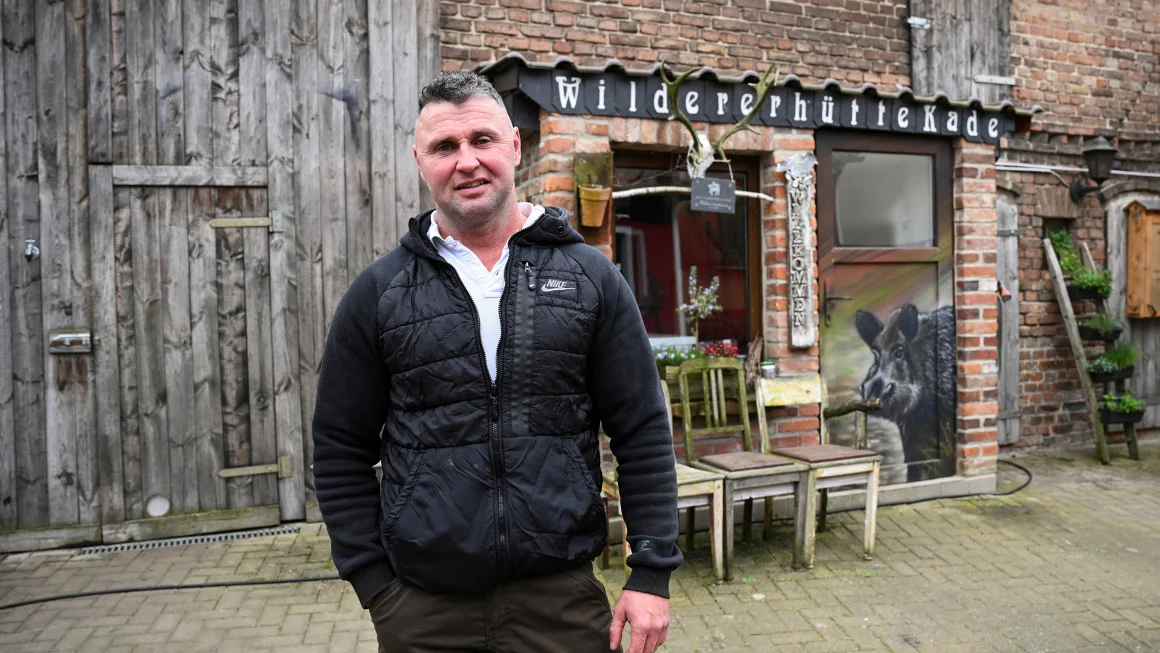In northeast Germany, a butcher has devised an innovative approach to combat the nation’s burgeoning raccoon population: transforming them into sausages and other meat products. Michael Reiss, a hunter who opened a butcher shop named Wildererhütte in Kade—about 90 kilometers (60 miles) west of Berlin—came up with the idea after contemplating a unique offering for the Green Week international food fair.
The Concept
Recognizing that raccoons killed as pests are often discarded, Reiss sought approval from local authorities to process the animals into food. After receiving the green light, he began producing “raccoon balls,” a type of meatball that quickly gained popularity at the fair and in his shop. Today, Reiss offers a range of seven raccoon meat products, including salami, and claims to be the only seller of raccoon meat in Europe.
“People come from all over, sometimes driving 150 kilometers (93 miles) to my store to try raccoon,” Reiss told CNN. He adds that the product is generally well received, stating, “I’ve never had anyone say it’s disgusting or that you can’t eat it. Honestly, everyone likes it.”
Taste and Appeal
For those curious about the taste, Reiss describes it as “not too dissimilar to other meats,” with a slightly softer texture. He suggests that while two sausages may reveal the raccoon flavor, those unaware would find it difficult to distinguish.
The Raccoon Problem
Reiss’s venture serves a dual purpose, addressing both culinary curiosity and an ecological issue. Raccoons were introduced to Germany from North America in the 1920s for fur farming and were released into the wild in 1934. Today, their population has exploded to an estimated 2 million, posing a significant threat to local biodiversity, particularly to reptiles and amphibians.
According to the Senckenberg Nature Research Society, raccoons consume endangered species, prompting calls for population management. While they are now legally huntable in most German states, NABU—Germany’s prominent conservation society—argues that hunting alone won’t solve the problem. Instead, they advocate for measures to protect endangered species more broadly, which would mitigate the raccoons’ impact.
Overall, Reiss’s raccoon meat products not only highlight a creative culinary trend but also reflect ongoing debates about wildlife management and biodiversity conservation in Germany.


















